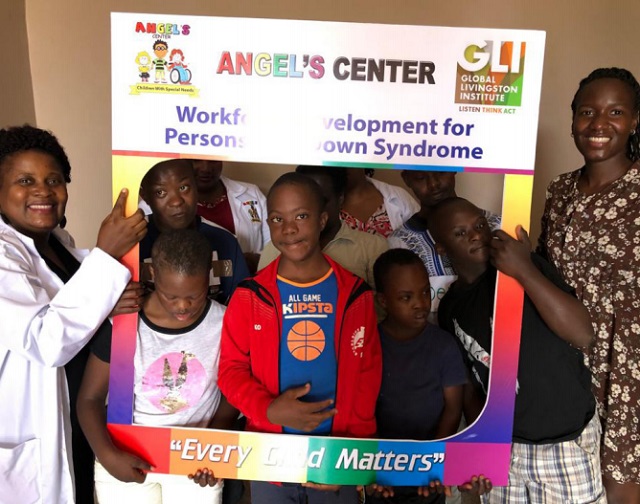
Socio-cultural factors
The first progressive effort in addressing the challenges faced by children with Down syndrome in Uganda was the Uganda Down Syndrome Association (UDSA), founded in 2006 by Michael Okiro, the current executive director, and his wife Joyce Achom. UDSA is a representative member of Down Syndrome International (DSI).
The underlying mission of UDSA is to empower children with Down syndrome, protect their rights, improve their access to health and education facilities, and reduce stigmatisation. The overarching vision of UDSA is to have a healthy, happy, educated, and economically secure Down syndrome community, which is well integrated in Ugandan society.
According to USDA, obtaining accurate data on the prevalence and incidence of Down syndrome in Uganda is difficult, primarily for two key reasons. Firstly, an expansive number of deliveries occur in non-¬traditional health centers, such as birthing homes or religious centers; such institutions typically do not keep records of births or formal statistics of children born with disabilities.
“Even local community clinics or government maternity centers have difficulty maintaining accurate records,” says Dr. Tumwine of The Children’s Clinic in Naalya, Kampala.
Socio-cultural factors also impact the registration of children with Down syndrome as children with Down syndrome are associated with witchcraft and curses, says Stephen Kabenge the head of outreach at EmbraceKulture, an international NGO that works to ensure that children with special needs are embraced not stigmatised. He narrates the story of Ketty Akello.
According to Kabenge, Akello faced some of these misconceptions when she was almost lynched at the age of 10 because the community, in which she lived, believed she was the curse behind the drought that they were facing at the time.
Akello was born in Soroti with Down syndrome and the age of 2, her mother noticed she was different and took her to a traditional healer who told her that her daughter had a sign of a curse.
“Her father wanted to dump her in the pit latrine but her mother saved her and kept on hiding her but the rumours about a hidden curse kept on circulating,” Kabenge narrates.
When the community organised themselves to get rid of the `curse’, Akello’s mother ran to a pastor and luckily enough the pastor recognised Down syndrome and called for help, says Kabenge.
“Some parents are still ashamed of their children. They hide them in the village,” says Gabeya.
****
 The Independent Uganda: You get the Truth we Pay the Price
The Independent Uganda: You get the Truth we Pay the Price





